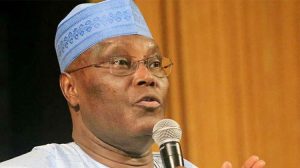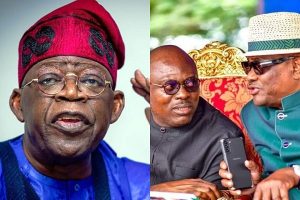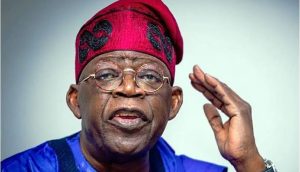
In a verdict rendered on Thursday, the Supreme Court confirmed President Bola Tinubu of the All Progressives Congress (APC) as the legitimate winner of the presidential election held on February 25 in the country. Justice Inyang Okoro, delivering the leading judgment, found no merit in the petition filed by former President and People’s Democratic Party (PDP) candidate, Alhaji Atiku Abubakar, seeking to nullify the election results. The court ruled that Atiku failed to demonstrate that the Independent National Electoral Commission (INEC) substantially violated the Electoral Act during the election.
The Supreme Court pointed out that Section 185(1) of the Evidence Act states that an election should not be invalidated if alleged non-compliance did not significantly affect the election’s outcome. It stressed that the evidence presented in the appeal record indicated that the appellants did not fulfill their legal duty to not only prove non-compliance but also establish that INEC’s failure to transmit election results through its IReV portal influenced the presidential election’s outcome.
The court clarified the distinction between the election result collation system and the IReV portal, emphasizing that the failure of the IReV portal did not halt the manual collation process that was used up until the last election. Nevertheless, the court acknowledged that INEC’s failure to electronically transmit results denied voters the opportunity to follow and verify the uploaded results, potentially reducing confidence in the electoral process.
The Supreme Court firmly stated that the unavailability of results on INEC’s IReV portal, for any reason, could not be grounds for nullifying an election. The court found that Atiku and the PDP failed to prove that they suffered a miscarriage of justice due to the dismissal of their petition by the Presidential Election Petition Court (PEPC).
The court dismissed Atiku’s argument that Tinubu should not have been declared the winner of the presidential election because he failed to secure 25% of the votes in the Federal Capital Territory (FCT), Abuja, emphasizing that the FCT did not hold a more special status than the 36 states of the federation.
Additionally, the Supreme Court upheld the exclusion of evidence presented by some of the witnesses for Atiku during the PEPC hearing, noting that much of the testimony was inadmissible hearsay. The court found that the appellants failed to present any evidence justifying the reversal of the lower court’s findings.
Regarding the drug-related case involving President Tinubu in the USA, which led to the forfeiture of $460,000, the Supreme Court held that raising the issue after the respondents had filed their processes deprived the respondents of their right to fair hearing. The court deemed the lower court’s ruling to be unassailable and opted not to interfere with it.
Regarding Atiku’s claim of inaccurate election results declared by INEC, the Supreme Court found that he failed to provide an alternative result and, in the absence of such, the result announced by INEC was presumed to be accurate.
Consequently, the Supreme Court rejected all the issues raised by Atiku in his petition, concluding that there was no merit in the appeal, and affirmed the judgment delivered by the lower court on September 6 without awarding any costs.
Recall that on March 1, INEC declared Bola Tinubu of the All Progressives Congress (APC) the winner of the presidential contest with 8,794,726 votes, defeating his two main rivals, Alhaji Atiku Abubakar of the People’s Democratic Party (PDP) and Mr. Peter Obi of the Labour Party. Atiku secured 6,984,520 votes, while Peter Obi received 6,101,533 votes.







